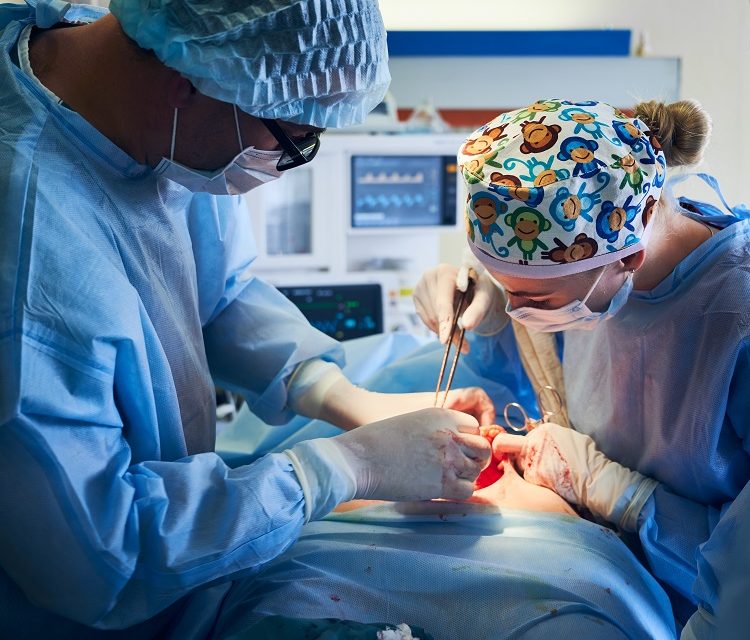A serious complication of heart surgery is neurological injury, which leads to a longer hospital stay, higher expenditures, and a higher risk of mortality. Such an injury can occur at any central nervous system level, with symptoms ranging from neurocognitive impairment to a full-fledged stroke. Many factors have been identified as indicators or risk factors for perioperative neurological injury. However, prediction models are more useful for stroke risk than neurocognitive dysfunction. For the most part, strategies to reduce neurological impairment during heart surgery have concentrated on the technical aspects of cardiopulmonary bypass. Although the management of individuals with symptomatic carotid stenosis is well characterized, the combined performance of carotid endarterectomy and heart surgery remains contentious.
Cerebral embolism, particularly atheroembolism from the ascending aorta, plays a key role in the etiology of all types of neurological damage. Epiaortic ultrasound imaging of the aorta is a sensitive method for detecting ascending aortic atherosclerosis at the time of operation, allowing it to be avoided and therefore lowering the risk of atheroembolism. Laboratory studies have revealed the processes of ischemia neuronal injury and laid the groundwork for the development of neuroprotective medicines. In contrast to nonsurgical settings, it is possible to achieve neuroprotection during heart surgery since the delivery of possible medication before the neurological insult begins. It requires a multidisciplinary strategy involving novel diagnostic and treatment strategies to reduce the incidence of perioperative stroke.
Reference:www.semthorcardiovascsurg.com/article/S1043-0679(99)70003-1/fulltext


